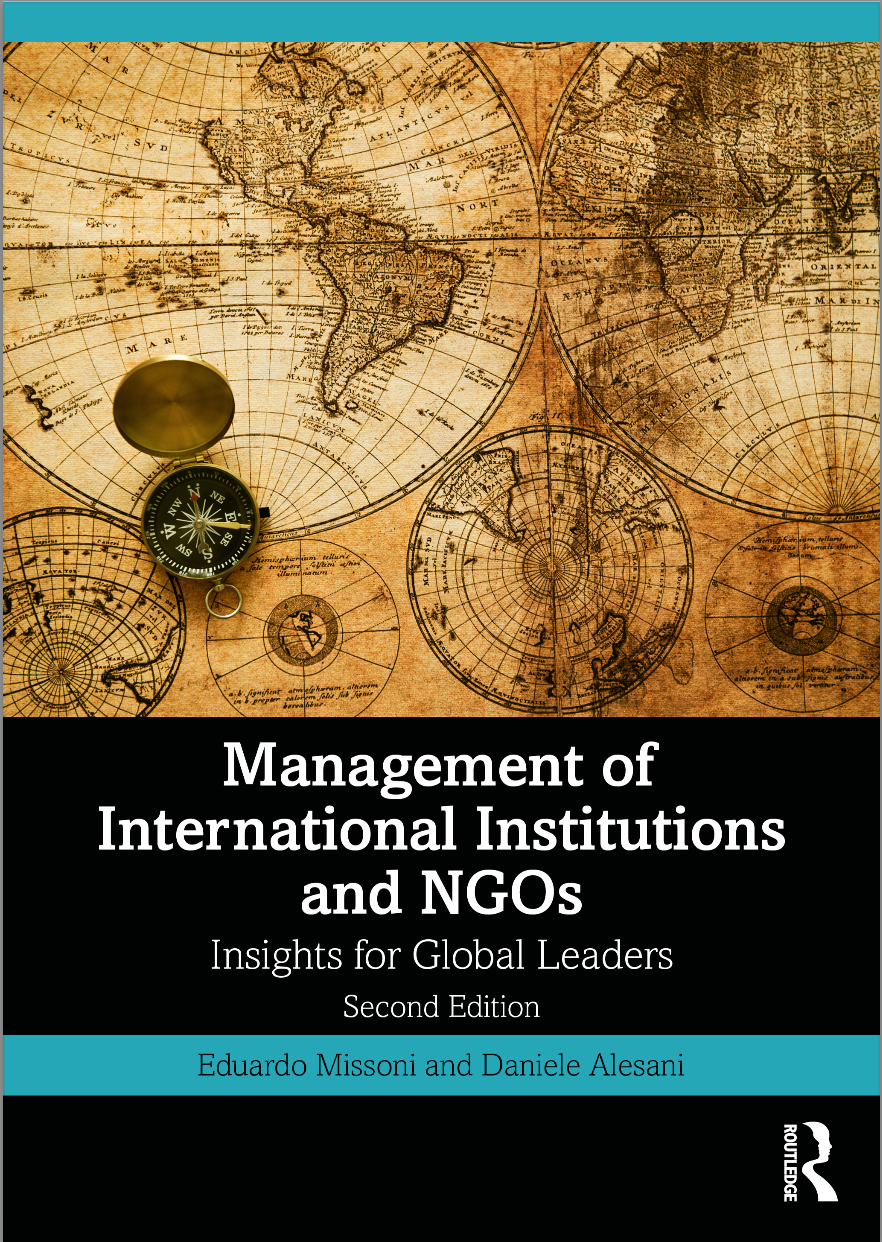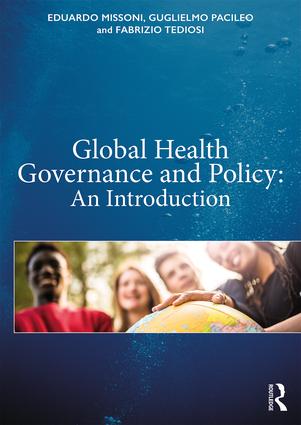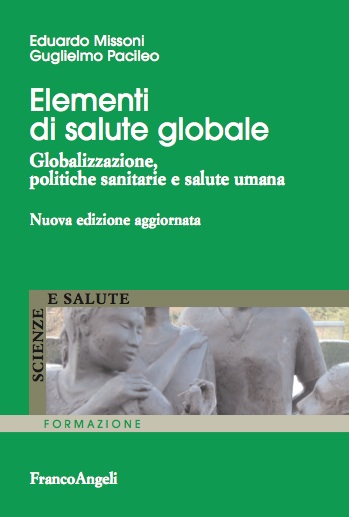Today April 7th is the World Health Day, which coincides with the anniversary of the establishment of the World Health Organization, who turns 64 years this year. “Good health adds years to life” is the theme for this year’s world health day associated dedicated to aging.
And “Ageing well: a global priority” is the title of the editorial that the Lancet devoted to this recurrence.
Globally, we’re getting older. In no more than five years, for the first time in history, the number of people over 65 years of age will exceed that of children under 5 years. Advances in medical sciences, socio-economic development, and fertility decline have contributed to this demographic change, and countries must adapt to this change in a positive and inclusive way.
The aging of the population is often seen in negative terms and the elderly as a burden to society, it should instead be seen – writes the Lancet – as something to celebrate. The elderly may in fact still make a significant contribution to society through their experiences and knowledge, within families and through work both paid and unpaid. Unfortunately most of the elderly do not receive the care needed to prevent chronic preventable or controllable diseases, such as cardiovascular diseases. In addition, more than 250 million elderly people worldwide are suffering from moderate to severe disabilities, such as decreased vision, dementia, hearing loss and arthritis. It is estimated that every year 28-35% of the elderly suffer the consequences of falls. Although elderly abuse is a serious health problem, which largely escapes the statistics.
In today’s World Health Day, WHO aims to promote a healthy, active aging, based on healthy behaviors, healthy environments and preventive care in all ages to prevent the development of chronic diseases. In short, mobilizing for healthy aging for all, the WHO relaunches the old goal of “health for all”: it was the year 1978 and the commitment was to reach it by the year 2000. Meanwhile also the WHO got older, and a lively debate on its reform is ongoing, an issue which will also be addressed by the coming World Health Assembly (in May). Next year, the WHO would become 65 years old, the hope is that the forces that have always opposed the idea of the WHO as the coordinating and directing authority of global health and thus it regulatory role, do not succeed in obtaining its retirement.








